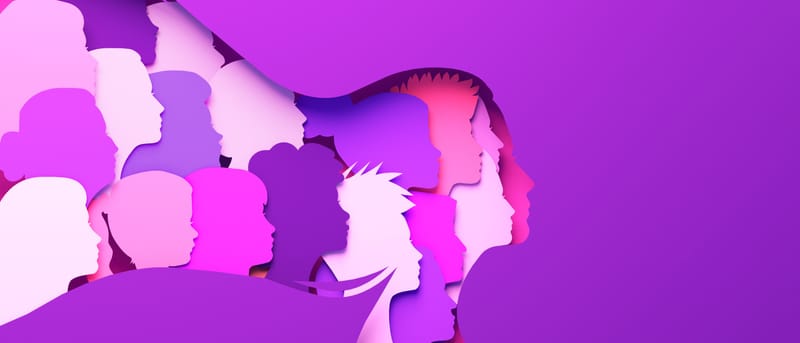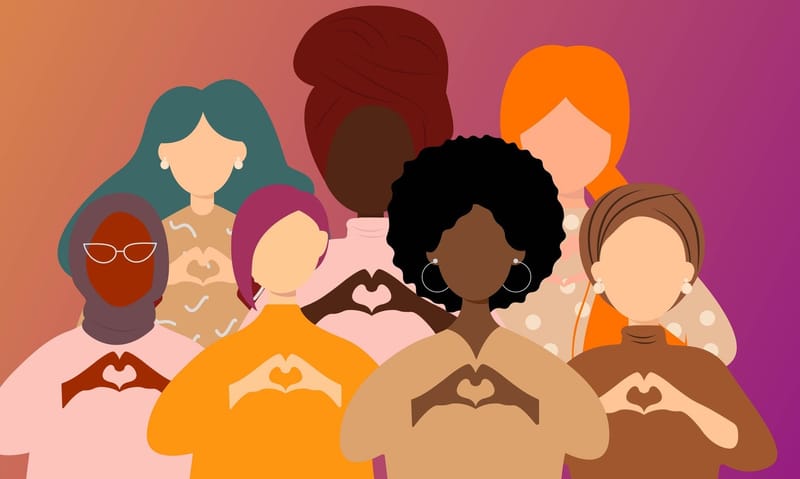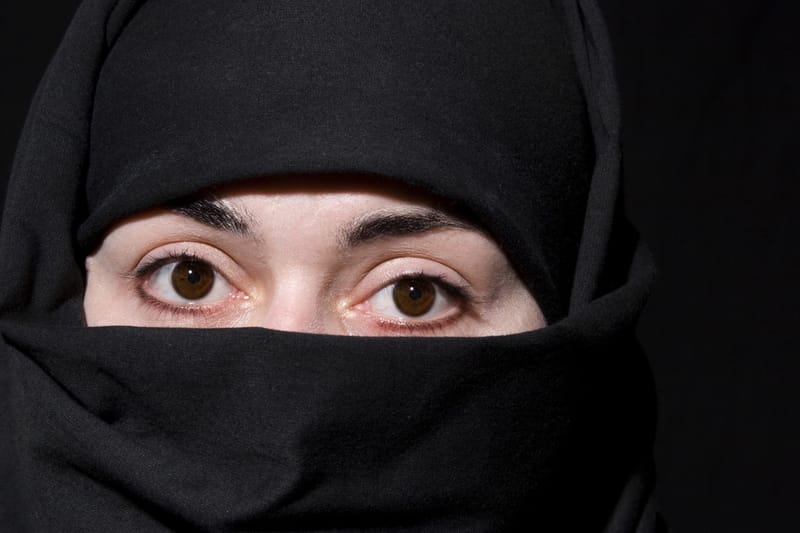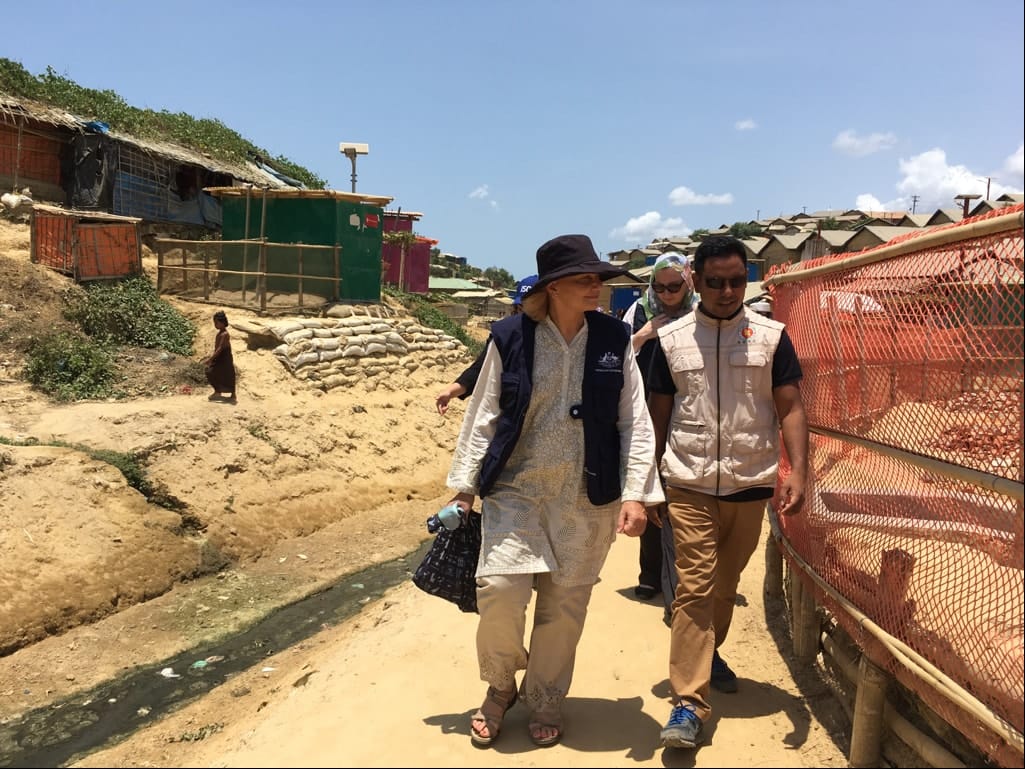
For 20 years in politics I challenged the sexism, the attempt to block medical abortions, the failure to mandate a proportion of seats for women, the national silence about the prevalence and impacts of fetal alcohol exposure, the plight of rural women, adolescent pregnancy, and the struggles of Indigenous women.
I had worked for years with parliamentarians across the region as a member, chair or deputy of the Asia Pacific Parliamentarians for Population Development. This close network of like-minded MPs advocated for legislation and action to address the growing inequalities and abuse of women and girls across our region.
In particular, we wanted to help girls choose when, if, and with whom they became pregnant. We wanted women to be educated and employed in safe, meaningful work that paid at least a living wage. We worked to change structural barriers and the behaviours of the men whose masculinity was defined by their capacity to dominate women through physical, emotional and/or economic abuse, and who believed they were entitled to the sexual services of the women they controlled.
So you can imagine my joy when in January 2017 my three-year term as the Australian Global Ambassador for Women and Girls began. What followed was 58 visits to 39 countries, mostly in the Indo-Pacific, representation of Australia in 25 bilateral programs, 14 multilateral programs, 19 domestic programs, and at the UN and Human Rights Commission. It was a great honour and a privilege to serve.
My Ambassador for Women and Girls role had three pillars designed to advance Australia’s foreign policy commitment:
- Empower women as leaders
- Empower women economically
- Eradicate gender-based violence
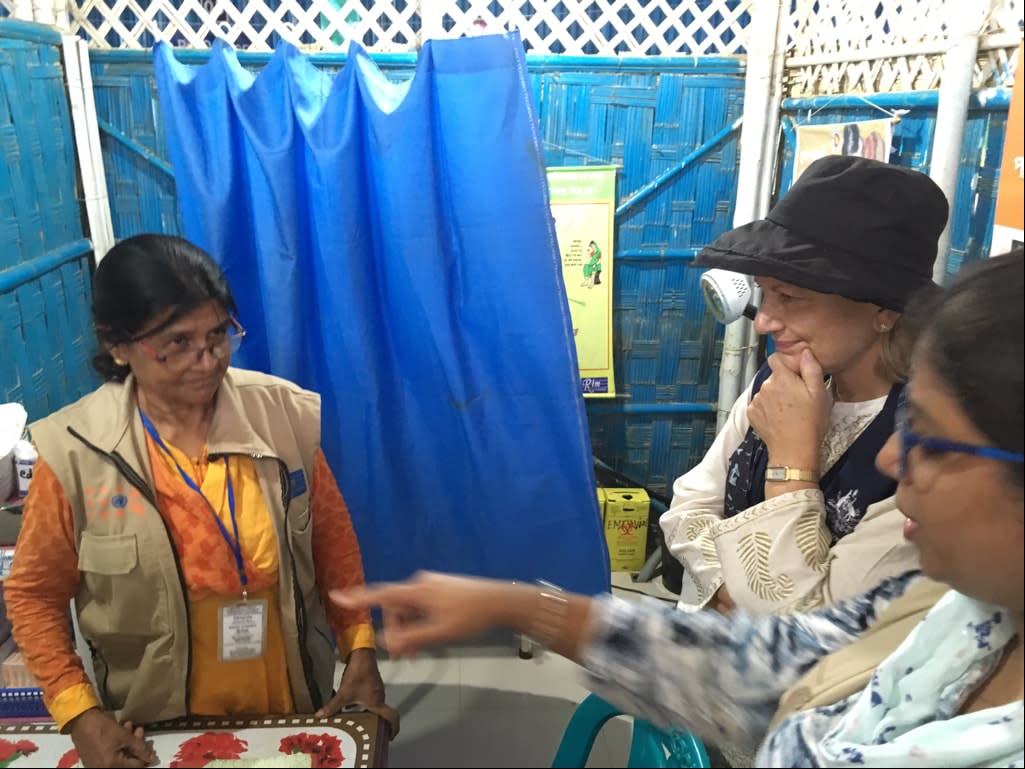
As I went from country to country visiting our aid-funded projects, I met with the local champions who were striving to achieve gender equality. Not only did these champion women and men accept that it was a human right to be treated as equal, they also understood that without women’s empowerment and full participation in the formal economy, their country’s development was stalled, and they could not hope to reduce conflict, ameliorate climate change impacts, or achieve a sustainable environment.
I saw the challenges as different countries aimed to improve infrastructure, health and education, tackle corruption, curb sorcery accusations and female genital mutilation, improve market access and women’s earnings.
The face of the poorest in our region was commonly a woman raising a family alone, just as it is in Australia. But with increasingly severe and more frequent natural disasters, it was the women most severely and often impacted. Some 80 per cent of those left stranded, needing food, shelter, health services, protection from abuse and trafficking, were women and children. Australia is at the forefront of delivering emergency and ongoing aid to these survivors.
Working to ensure no one is left behind
Bangladesh is an example of a natural-disaster-prone country in our region trying to ensure that no one is left behind. It now has strong economic performance. However, 25 per cent – or 40 million people – live below the poverty line, and inequality is increasing. At the same time, Bangladesh generously hosts a refugee population of more than one million Rohingya from next-door Myanmar.
These people, mostly women and children, crowd into a dusty slum that was one of the country’s last wild habitats. A poignant sight is the lookout towers on the fenced-off perimeters, designed to give early warning of elephants trying to access their traditional pathways through what once was forest. Australia is funding safe places for women and girls, learning places and health support, but this is a natural and humanitarian crisis on so many fronts.
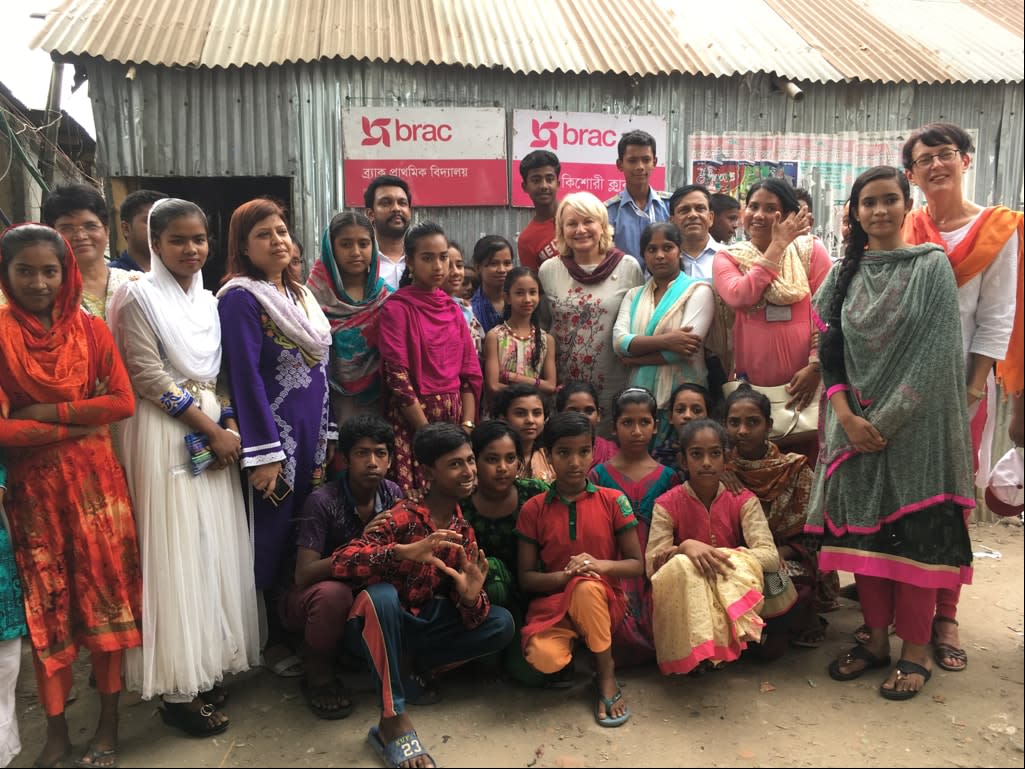
The Bangladesh government aims to protect its most vulnerable citizens. It has regulated to ban child marriage, driven by social norms and poverty. In 2018, the target was set for no marriages of children under 15 by 2021, and for those under 18 by 2041. The problem of policing compliance, the lesser value placed on girls, concerns about their safety, sexual harassment and family poverty mean these targets are not likely to be met.
The government is also aiming to end the exploitation of child labour. In 2019, the minimum age for light work was raised from 12 to 14. However, as donor nations and big-brand buyers demanded higher standards of safety, shorter hours and better conditions, the clothing and textile sector has transferred most of the work to the informal unsupervised sub-contractor sector, where 80 per cent of workers are young girls.
Young girls are 75 per cent of all domestic workers living beyond official oversight in private houses. UN agencies report the frequent transitioning of these girls into the sex trade.
In fact, more girls than boys are enrolled in primary school in Bangladesh. However, at or before puberty, those from impoverished families leave to marry or care for family, too often leading to rights abuse, early pregnancy, injury, and unskilled, unsafe informal work. A third of all girls become pregnant before 18.
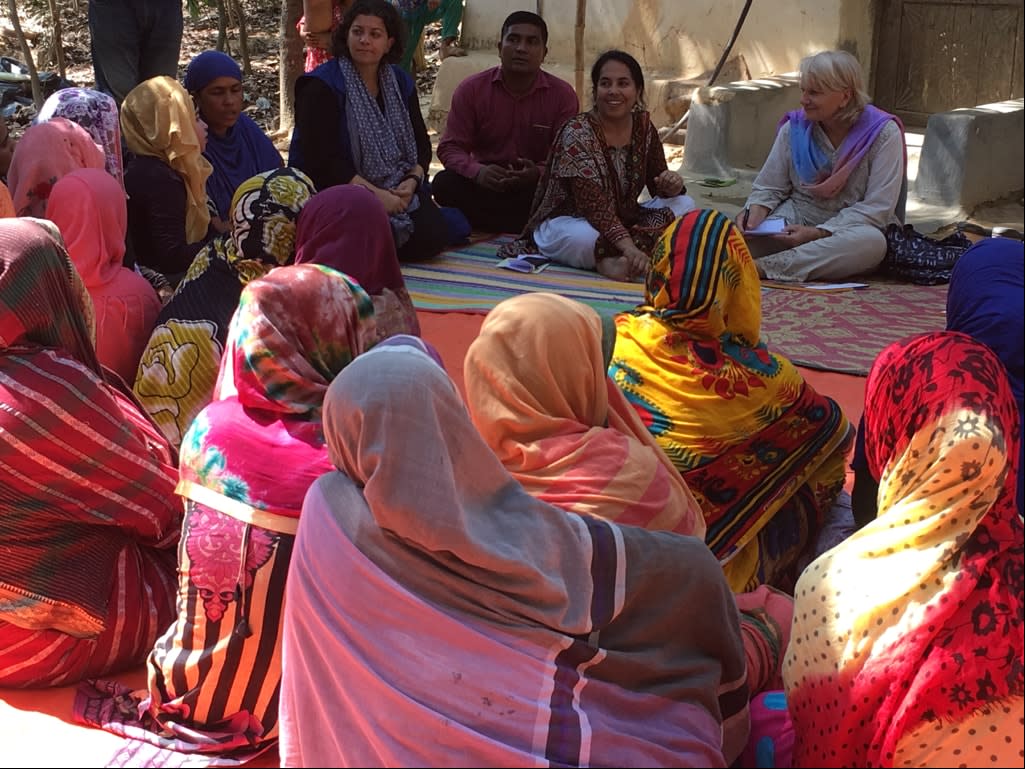
Tens of thousands of the poor also leave Bangladesh, joining the estimated 22 million from across the ASEAN countries seeking jobs or better pay through temporary migration. They go for three to 10 years and are unskilled, official or illegal workers, often trapped through debt in the lowest-paid and most dangerous jobs in nearby countries or the Middle East. They are the domestics, on building sites, in agriculture, fishing, hospitality, and in brothels. Some are trafficked and become enslaved.
According to the UN, the numbers from our region now forced into unpaid work are the highest recorded in human history. Australia enacted the Modern Slavery Act 2018 to try to deal the problem.
These millions of temporary unskilled workers, from Sri Lanka, the Philippines, Indonesia, Nepal, Bangladesh, Cambodia and Bangladesh, remit most of their earnings to support their families, while their children are left behind without parental protection, exposed to potential abuse, a sense of abandonment and alienation.
Chronic skilled labour shortage
While across the region the impoverished leave school early, many countries also experience a chronic shortage of skilled labour. Bangladesh’s skills shortage costs them some $5 billion annually, paid to import a skilled workforce.
So does having more women elected equate to a greater protection of women’s rights and empowerment, and a skewing of resources towards more spend on social services, such as education?
Bangladesh is an example where 50 non-elected seats are reserved for women; however, no quota guarantees that the women selected by their patriarchal parties can or wish to introduce a feminist agenda.
Likewise, having more tertiary-educated women than men in a country has not led to the eradication of a pay gap, or to significant numbers of women in the most senior management positions in government, business or civil society. More women than men graduating, across disciplines, in Australia, Malaysia or Mongolia, for example, has not translated into women equalling or outnumbering men in management in any key sectors, unless a 50/50 quota is in play.
Change is more likely to come when it's widely understood that the interests and welfare of any country are best-served by women helping to set the agenda, and sharing decision-making, peace-building, bread-winning, and unpaid care work, standing shoulder to shoulder with men.
Significant shifts in the numbers of women in leadership, the economic self-sufficiency of many more women, and the eradication of gendered abuse and domination, will probably only come when gender equality is no longer seen as a zero-sum game, with men inevitably emasculated. Change is more likely to come when it's widely understood that the interests and welfare of any country are best-served by women helping to set the agenda, and sharing decision-making, peace-building, bread-winning, and unpaid care work, standing shoulder to shoulder with men.
My work as Australia’s Global Ambassador for Women and Girls is now at an end. I've been inspired, challenged and educated along the way. So much has been achieved through Australia’s great development work within our region over decades of quiet, steadfast partnering and commitment. Our volunteers are magnificent, as are our ambassadors, high commissioners and staff posted across the region.
I will now continue to try to make a difference as Professor of Practice in Gender, Peace and Security at Monash University, an institution at the forefront of the research, programs and education needed to shape a kinder, more secure and equal world. I look forward to the new challenges and opportunities.


